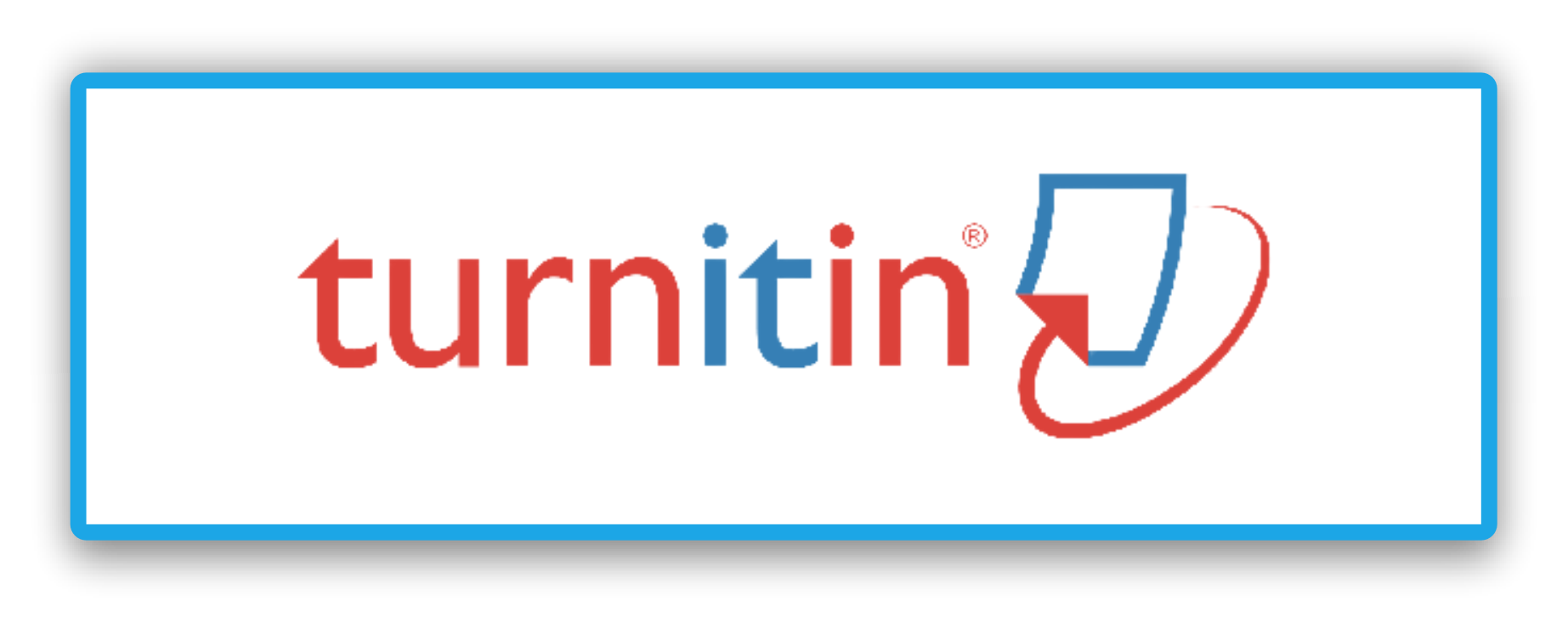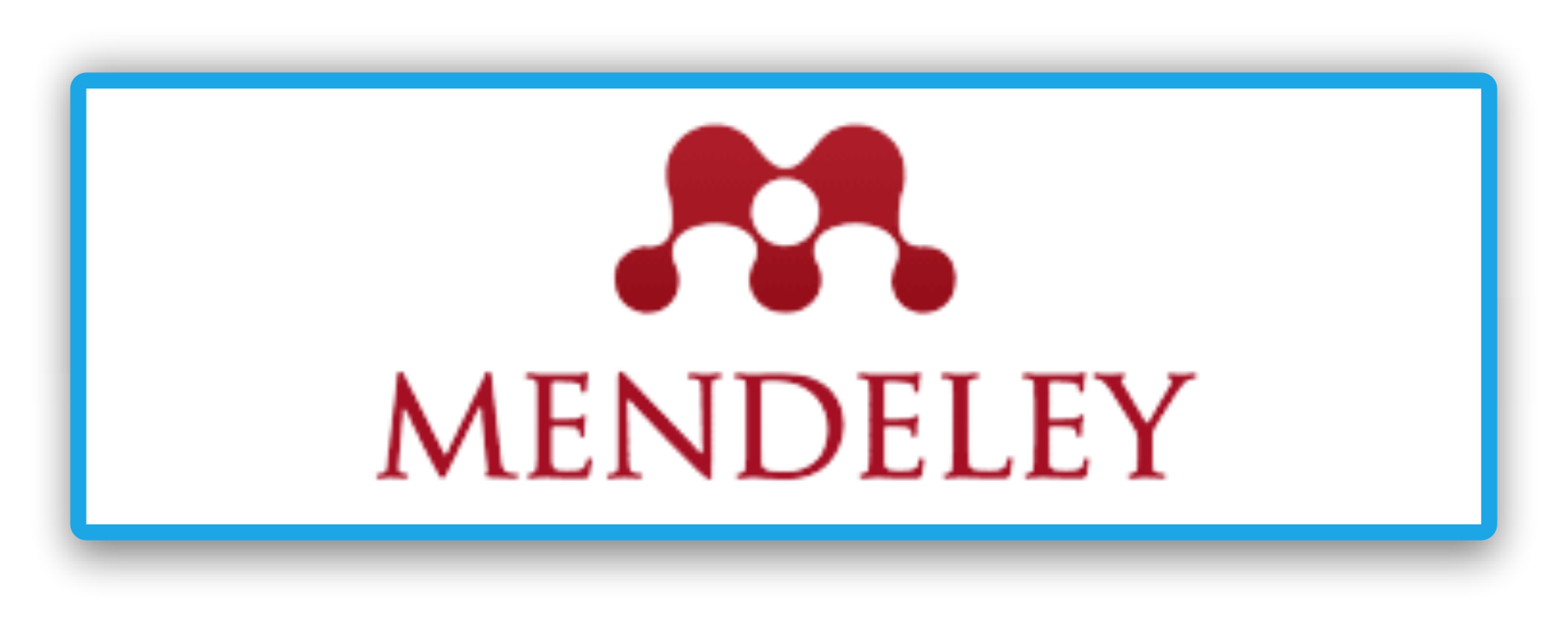The Influence of E-Learning and Parental Guidance on Fiqh Learning Outcomes
Abstract
Learning success is influenced by factors that exist outside the individual (students), such as the family, school, and community environment. An example of an external factor namely the application of e-learning in schools as a learning model solution during Covid-19. In addition, parental guidance is also important in growing their physical and mental strength. This study aims to determine the effect of e-learning outcomes in the field of jurisprudence during the covid-19 period MTsN 1 Pesisir Selatan. This type of research used is quantitative with associative method, namely to review the significance of the influence between variables and other variables that influence it. The results of the study revealed; 1) The application of the e-learning model to fiqh learning has a significant effect on learning outcomes in the field of fiqh (Y) during the covid-19 period at MTsN 1 Pesisir Selatan with a linear X1 and Y relationship; 2) Parental guidance has a significant effect on learning outcomes in the field of jurisprudence during the covid-19 period at MTsN 1 Pesisir Selatan, the relationship between X2 and Y is linear; and 3) The e-learning learning model and parental guidance in learning both have a significant effect on learning outcomes in the field of jurisprudence during the Covid-19 period at MTsN 1 Pesisir Selatan with a linear X1, X2 and Y relationship.
Full Text:
PDFReferences
Abdullah Nashih Ulwan, Pedoman Pendidikan Anak dalam Islam. Semarang: Asy Syifa‘, 1999.
ex Sobur, Psikologi Umum dalam Lintasan Sejarah, Bandung: Pustaka Setia, 2003.
Dewi Salma Prawiradilaga. Mozaik Teknologi Pendidikan E-learning. Jakarta: Prenadamedia Group, 2017.
Kozier Barbara. Fundamental of Nursing, Seventh Edition. Jakarta: EGC, 2018.
M. Burhan Bungin. Metodologi Penelitian Kuantitatif. Jakarta: Kencana Prenada Media Group, 2014, Cet. ke-8
Muhibbin Syah. Psikologi Pendidikan. Bandung: Remaja Rosdakarya, 2010.
Nana Syaodih Sukmadinata. Landasan Psikologi Proses Pendidikan. Bandung: Remaja Rosdakarya, 2005.
Nyayu Khodijah. Psikologi Pendidikan. Jakarta: Raja Grafindo Persada, 2014.
Oemar Hamalik. Psikologi Belajar Mengajar. Bandung: Sinar Baru Algensindo, 2012.
Sugiyono. Metode Penelitian Kuantitatif, Kualitatif dan R&D, (Bandung: Alfabeta, 2016), h. 8
Sugiyono. Metode Penelitian Pendidikan, op.cit.
Suharsimi Arikunto. Prosedur Penelitian Suatu Pendekatan Praktek. Jakarta: Rineka Cipta, 2006.
Toto Syatori Nasehudin dan Nanang Gozali, Metode Penelitian Kuantitatif, Bandung: Pustaka Setia, 2015, Cet. ke-2.
Wasty Soemanto. Psikologi Pendidikan. Jakarta: Rineka Cipta, 1990.
DOI: https://doi.org/10.31869/ruhama.v6i1.4133
Article Metrics
Abstract view : 40 timesPDF - 44 times
Refbacks
- There are currently no refbacks.
INDEXED BY :
Pascasarjana UM Sumatera Barat
Jl. Pasir Kandang No.4, Pasie Nan Tigo, Kec. Koto Tangah, Kota Padang, Sumatera Barat 25586.
 This work is licensed under a Creative Commons Attribution-ShareAlike 4.0 International License.
This work is licensed under a Creative Commons Attribution-ShareAlike 4.0 International License.












